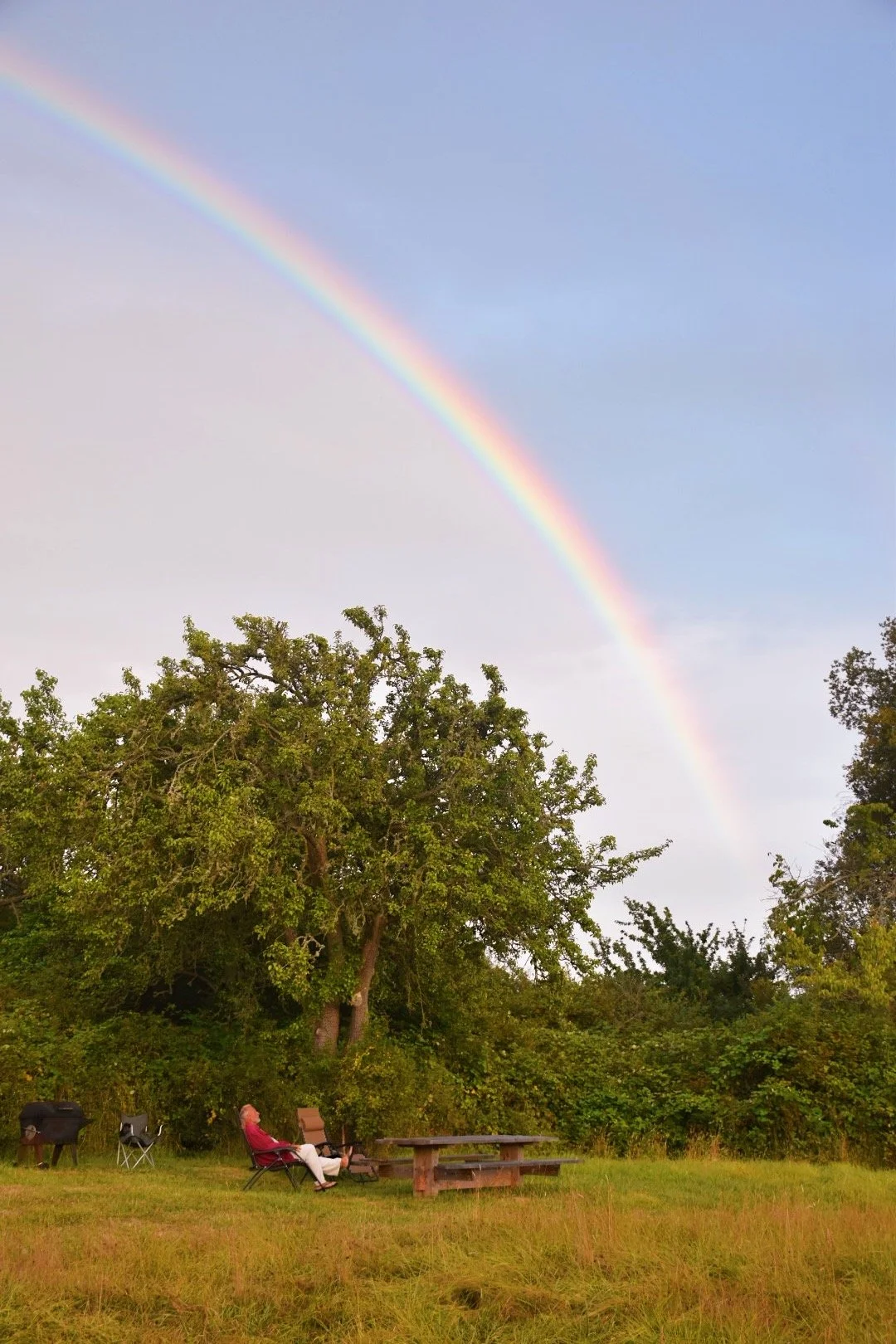The journey of a lifetime
Peter T. Lucas, 1931-2012
There’s never enough time.
My hero lay in bed for his final journey, the trip we all take to who-knows-where. I sat beside him and took his hand for the last time. His palm was dry from a day of heat and sweat, now cool to the touch. His breaths thrust out in fierce exhalations, little drawn back in return. This is called Cheyne-Stokes breathing. It comes very near the end.
His nurses had promised he could hear us, so I told him everything that mattered—how he saved my life and shaped its meaning, how what he stood for was living in us and would pass on to those coming still, even those just born. I’d make sure of that.
I told him how much I loved him.
I told him what a remarkable journey he’d had. And so it was, for Peter Lucas first met the human road in 1931 in Berlin, Germany, at the dawn of a deep, ugly darkness. His parents were from upper-class European Jewish families—his grandfather was the honcho of General Electric in Germany. His father was a progressive journalist and an enemy of the Nazis, so the little family, Peter, Margot and Kurt, escaped to Holland, then on to Britain.
There the young boy spent years on an English farm during the Blitz, while his grandparents died in a concentration camp. His mom took him to New York in 1947; he smuggled in 50 gold coins. He excelled in high school and college, studied geology, went to work for Royal Dutch Shell. He found a $5 billion oil field, became a corporate executive, ran an arm of Shell with 500 employees in Houston. In the middle of this time he helped save my life.
He traveled the world, 41 countries. He was not a smiley man, but his grin was of that young British boy. His family teased him for his knobby knees. He loved roast lamb, Yorkshire pudding, one cup of tea and stewed plums.
Retired at 60, he took his wife Therese to Arizona, built a grand home in the desert foothills, welcomed his children and grandchildren whenever they could visit.
Quite a tale, yes? But now it gets interesting.
He was diagnosed with kidney cancer in 2003. The kidney was removed, but the cancer had spread, and his doc said he had six months to live. No, said the condemned man. I don’t think so.
So he developed a new skill—computer use—and prowled online for a drug trial. He found one, back in his old home town, Houston; convinced the doc to enroll a 73-year-old guinea pig, and thus became one of the first patients to try out a drug that proved so miraculous it was released early and is extending the lives of thousands. Now being tested for metastatic breast cancer, Affinitor may eventually extend millions of lives. I mean that: millions. He took the drug for years, proving its mettle, and proceeded on in life under the principle he told me so often when I was young: Instead of just standing around, go do something useful. He ran the household, managed his investments, helped his family grow out in the world. He was rich in every way, but still measured the water to boil for tea.
In his entire life, from his days on an English farm at the age of 9, to his days as a husband, father and grandfather 70 years later, never, not once, did he fail to fulfill the responsibilities he had sought and won.
He was 80 years old. Man’s quest for meaning is the cry of our time. “Ever more people today have the means to live, but no meaning to live for,” said Viktor Frankl. I believe there is infinite meaning in steady long life. But forever is for physics.
Affinitor is not a cure—it arrests but does not erase cancer. And cancer is, to borrow the words of Bill Wilson, cunning, baffling and powerful. When he fell, inexplicably, in November, a scan showed six tumors in his brain. Six! He fought on a few months, accepted ferocious medical treatment, suffered a lot and wore down in late January. One night he asked for hospice care at home. I became his shepherd, using eyedroppers to administer painkillers, lifting his head with my left hand, medicine in my right. Just as he had when I was a boy. The nurses said he knew it was me. He waited for my sister to arrive.
I despise the expression “Life is short.” It’s not. It’s long and rich and full and sweet, and few have lived that better than Peter Lucas. His first eight years were spent as a refugee, fleeing tyranny, his last eight years as a medical pioneer, helping save lives. And so he is not only my hero, he’s a hero of the human race.
I told him that, too, as he lay in his bed and I held his hand. I said I loved him again. And I added one last thing that the nurses had said would be a gift from us to him.
“Dad, it’s OK for you to go now. It’s OK.”
In an hour he was gone.
I’d give anything for my father to come back, just for one day, just so I could join him for breakfast one last time, see him sitting by the pool at his house, silly hat on his head, just take him around in the wheelchair where he spent his two final months. Just to see him open his eyes, lifting his head to tell me he was glad I was there.
Just one little more day.
There’s never enough time. Don’t waste any of it, any at all.
Visit Eric Lucas at his website, www.TrailNot4Sissies.com.




